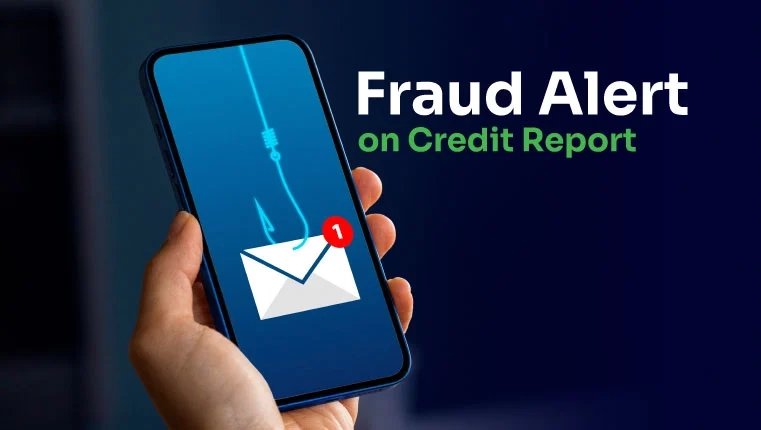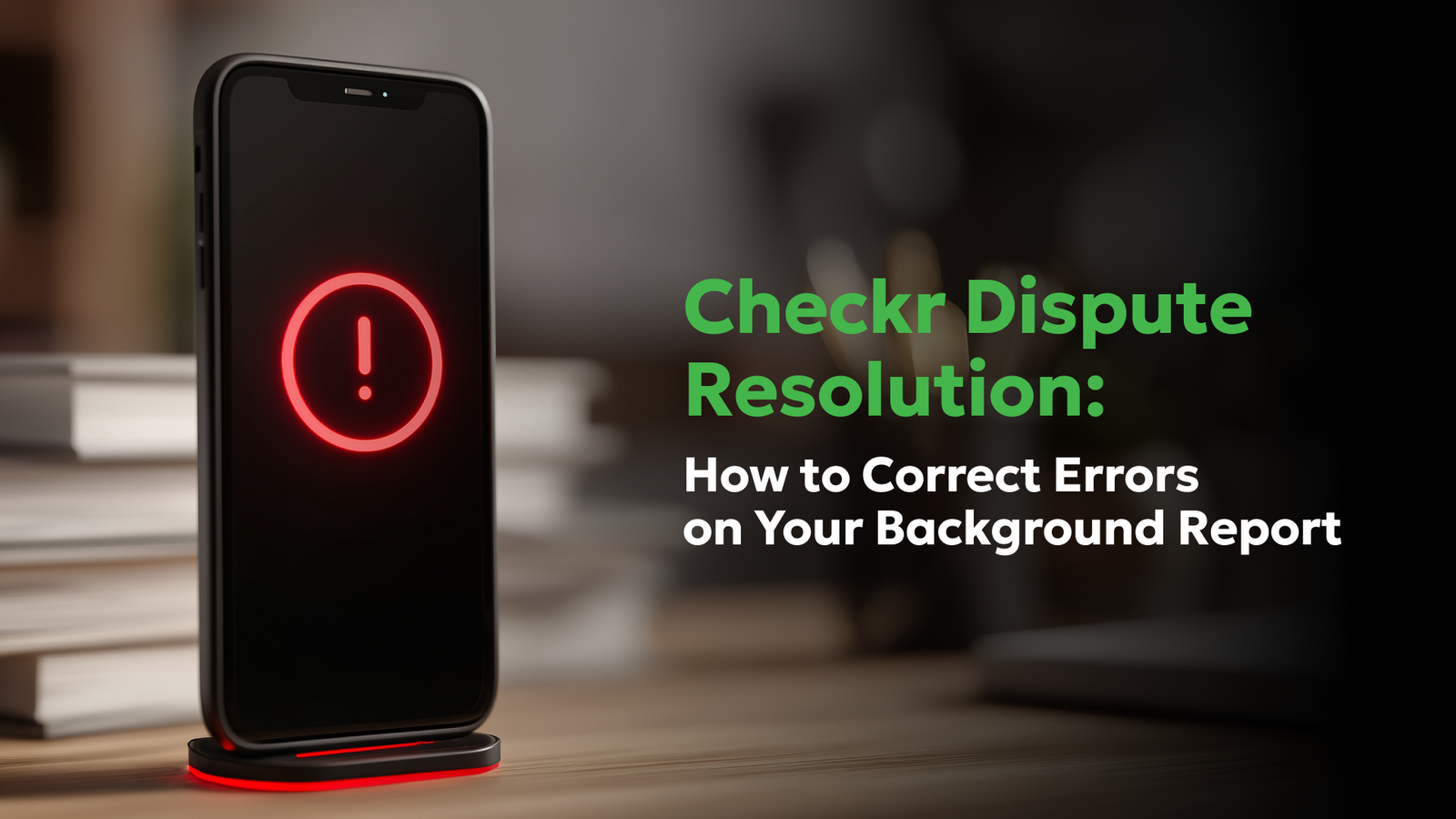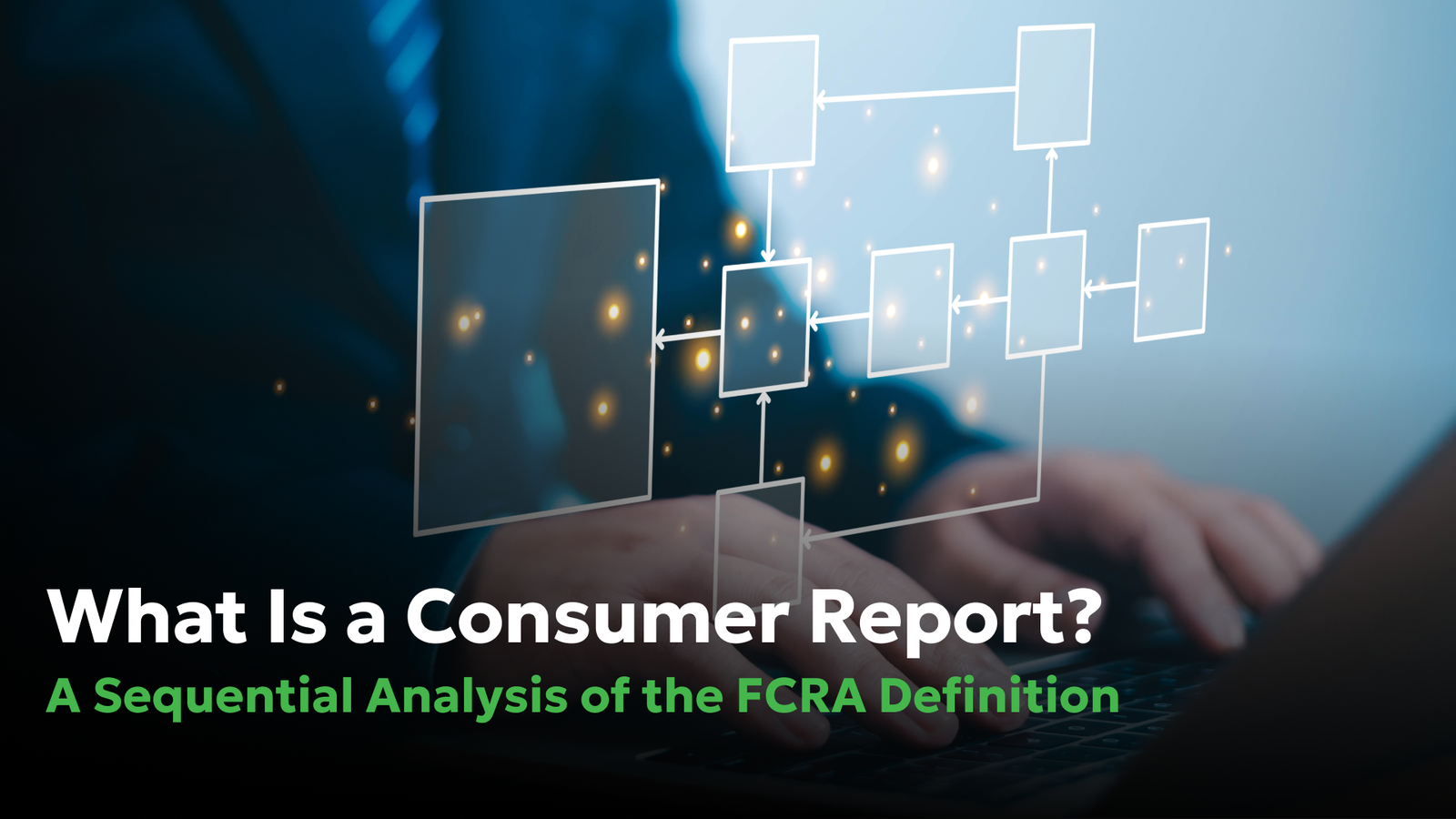How to Remove a Fraud Alert from Your Credit Report
- Blog
- All about FCRA
How to Remove a Fraud Alert from Your Credit Report

Identity theft affects millions yearly. Learn how to recover and how our attorneys can help!
ID theft can wreak havoc on your credit report, causing stress and financial hardship. Fortunately, Consumer Attorneys has experience resolving these issues. Learn how professional legal assistance can help restore your credit, protect your identity, and reclaim your financial well-being. Discover your options today!
If you’ve ever searched “how to repair credit after identity theft,” you’re not alone. Unfortunately, millions fall victim to identity theft and fraud every year. If you are among them, the road to recovery can be tough, but there are strategic steps you can take to repair your credit. In this article, we share what you can do to jump-start your credit repair journey and how to remove a fraud alert from your credit report when necessary. Additionally, we explain how to dispute and remove identity theft from your credit report.
How to Dispute and Remove Identity Theft from Your Credit Report
When there are accounts on your credit report resulting from identity theft, you need to complete the dispute process to remove them.
Under the Fair Credit Reporting Act, consumer reporting agencies, including the credit bureaus, must conduct a reasonable investigation into disputed items. They will contact banks and other companies reporting unauthorized accounts to confirm their validity. If the accounts are proven fraudulent, the bureaus will delete them from your credit file, usually restoring your credit to its pre-theft state.
Challenging fraudulent claims with the three credit bureaus is crucial. Below is an overview of how to get fraud off your credit report.
- Contact an attorney. Start the dispute process by contacting a consumer protection attorney with ID theft experience. An attorney will assist you during the dispute process by helping you avoid unnecessary delays and mistakes along the way.
- Get copies of your credit reports. Visit annualcreditreport.com and request credit reports from all three major credit bureaus (Experian, Equifax, and TransUnion). Examine all the accounts listed and document any suspicious accounts or inquiries.
- Report fraud. After getting copies of your credit reports, be sure to report fraudulent accounts to your local authorities (police) and obtain a copy of the police report.
- Contact your financial institutions. If you suspect fraud, it’s a good idea to contact your financial institutions for assistance. They should be able to cancel your current cards and issue new ones.
- Inform the credit bureaus. Be sure to inform the credit bureaus of the fraud. They will be able to guide you with next steps which can include locking or freezing your credit profile. Doing so will make it more difficult for ID scammers to open more credit accounts with your name and personal details.
- Draft dispute letters. Write dispute letters to the bureaus and companies reporting the fraudulent activity. Explain why the accounts do not belong to you and why they should be removed. Be prepared to present supporting documents to prove your case.
- Mail the dispute letters. We recommend using certified mail to file disputes as opposed to disputing online. Certified mail allows you to get a return receipt to confirm that your dispute letters were received. Additionally, filing via certified mail doesn’t require you to waive important rights that filing online requires you to waive.
- Contact the Federal Trade Commission (FTC). If you suspect fraud or identity theft, you have a right to report it to the FTC. The FTC may ask you to provide documents and information that support your claim.
- Document, Document, and DOCUMENT! Document, every action you take to challenge the fraudulent accounts. Keeping up with all correspondence and interaction with the police, FTC, credit bureaus, etc. can help you later in the dispute process, especially if you decide to file a lawsuit later.
- Wait and follow up. Part of the dispute process is a waiting game. The Fair Credit Reporting Act, (FCRA) allows credit bureaus to take around 30 to 45 days to investigate disputes and render a decision.
Credit bureaus will be required to verify disputed accounts and correct errors. See the chart below for contact information for each of the credit bureaus.
Fix Your Credit after Fraud and Identity theft
Identity theft can significantly damage your credit score. You can use the steps above right after you discover identity theft. Also, you can begin fixing your credit by utilizing the following tips.
Reach out to one of our attorneys for identity theft. Our attorneys will help you with next steps including drafting, and filing paperwork with credit bureaus, the FTC, and the courts.
Additionally, right after your credit takes a hit due to fraud and identity theft, it’s usually a good idea to avoid applying for new credit since too many applications can harm your score even more by accumulating “hard inquiries”. If possible, wait 6-12 months before applying for new credit.
Also, as you continue monitoring your credit, you can request that your credit is frozen or locked until you are ready to use it again. You can have this done by contacting the credit bureaus directly. Check out the chart below for each credit bureau’s contact information.
How to Contact Credit Agencies
| Agency | Dispute Address | Phone Number |
Equifax | Equifax Information Services LLC P.O. Box 740256 Atlanta, GA 30374-0256 |
1-866-349-5191 |
Experian | Experian P.O. Box 4500 Allen, TX 75013 |
1-888-397-3742 |
TransUnion | TransUnion Consumer Solutions P.O. Box 2000 Chester, PA 19016-2000 |
1-800-916-8800 |
Removing a Fraud Alert
If you’ve used fraud alerts to protect your credit, it’s important that you know how to remove them.
You should only remove a fraud alert if you believe your credit is no longer being compromised or when advised to do so by a financial or legal professional. Typically, you can contact the credit bureau that initiated the alert for you and that bureau should be able to begin the removal process. You will need to provide information to confirm your identity during the removal process.
Who Can Help?
Identity theft is a daunting experience, and rebuilding your life can be equally challenging. If you need assistance with disputing identity theft on your credit reports, consider contacting an ID theft protection attorney.
Also, consider visiting identitytheft.gov, a free government resource for ID theft victims to file reports and learn how to recover.
Frequently Asked Questions
A free fraud alert on your credit report is usually valid for one year, although there are some exceptions. Fraud alerts notify consumer reporting agencies (credit bureaus) that you could be a fraud victim, prompting credit issuers to verify your identity. If you want to maintain the fraud alert, you will need to renew it after one year. The process of renewing a fraud alert is straightforward and can be done by contacting each of the three major credit bureaus. Keeping a fraud alert active is an effective way to protect yourself from identity theft since it requires lenders to take additional steps before processing credit applications.
Yes. A fraud alert usually lasts for about one year and then expires. However, TransUnion offers 1-year, 7-year, or an Active-Duty Military fraud alert. Nevertheless, to maintain a continuous fraud alert, you must renew it with the three major credit reporting agencies including Equifax, Experian, and TransUnion. Signing up for the alert is relatively simple and can be completed in a short time. Ensuring your fraud alert does not expire is crucial in maintaining an additional layer of security against potential identity theft. While the alert is active, if scammers attempt to open accounts in your name, they will have a much more difficult time.
Absolutely, being scammed can affect your credit. Although being scammed doesn’t always directly impact your credit score, if a scammer opens accounts in your name or pays bills late, it will negatively influence your score. Reporting fraudulent accounts early is essential to prevent further damage to your credit profile. By alerting credit bureaus of fraudulent activity, you can work toward removing negative items associated with the scam. Quick action and consistent monitoring of your credit reports can help mitigate the long-term impact of being scammed and protect your credit score. You can access free weekly credit reports by visiting annualcreditreport.com.
No, hackers cannot legally fix credit scores. Building a positive credit score requires making on-time payments and maintaining good credit habits over time. Any service claiming to have hackers who can repair your credit score is a scam and should be avoided. The best way to improve your credit rating is through responsible financial behavior. This includes paying your bills when they are due, reducing your debt, and not applying for too many credit accounts at one time. Steady, disciplined financial practices are the key to achieving a healthy credit score. Therefore, avoiding the “fix your credit fast” schemes is just as important as protecting your information from scammers.
Yes, you can freeze your credit report with all three bureaus at once. Freezing your credit helps protect your credit profile by preventing ID thieves from opening new accounts in your name. The process can be conducted online at each bureau’s website and is relatively straightforward. Freezing all three reports offers protection and helps ensure that your credit information is secure. This proactive step is highly effective in protecting against identity theft and unauthorized access to your credit files. If you have questions, you should contact consumer law attorneys and reference the chart in the article for each credit bureaus’ contact details.


Daniel Cohen is the Founder of Consumer Attorneys. Daniel manages the firm’s branding, marketing, client intake and business development efforts. Since 2017, he is a member of the National Association of Consumer Advocates and the National Consumer Law Center. Mr. Cohen is a nationally-recognized practitioner of consumer protection law. He has a we... Read more
Related Articles




R
ONGS™You pay nothing. The law makes them pay.







